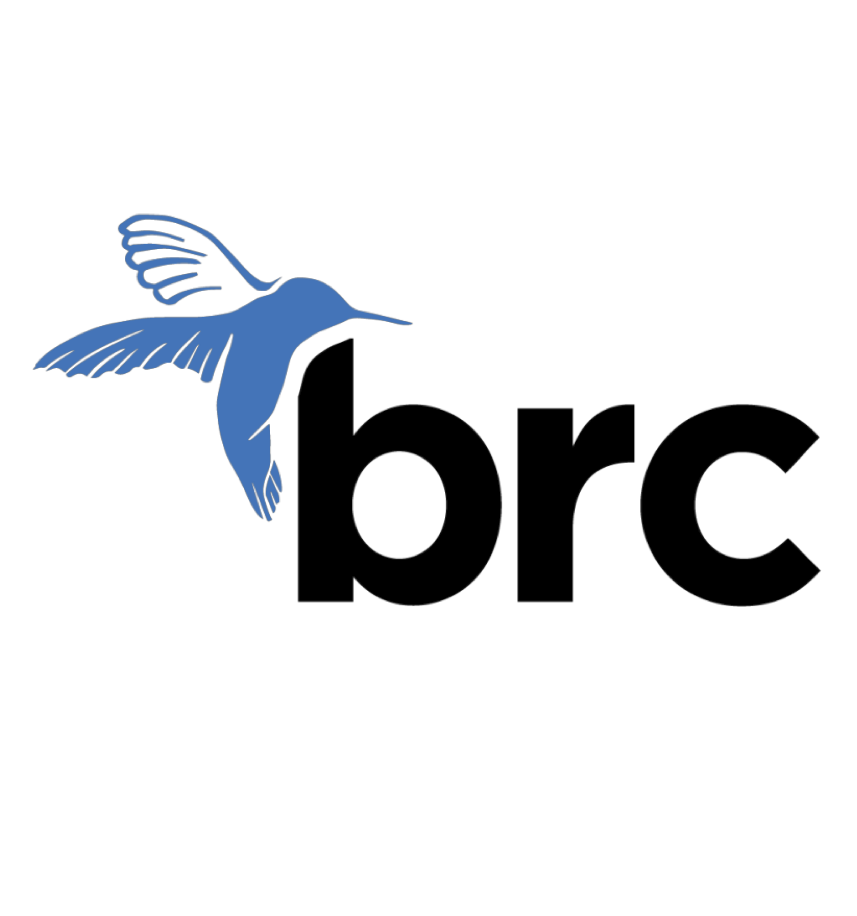Social Media and Mental Health
Social media has become an integral part of our daily lives. Platforms like Facebook, Instagram, Twitter, and TikTok allow us to connect with friends and family, share our experiences, and stay informed about the world. However, as social media usage has increased, so have concerns about its impact on mental health. While social media offers numerous benefits, it also poses significant risks to our well-being. Understanding these effects is crucial for maintaining a healthy relationship with social media.
Positive Effects of Social Media
1. Enhanced Connection and Support: Social media allows individuals to stay connected with friends, family, and communities regardless of geographical distance. This ability to connect with anyone at any time can provide emotional support, foster a sense of belonging, and combat feelings of loneliness and isolation. The ability to stay connected and maintain and sustain one’s own community can vastly improve someone’s mental state.
2. Access to Resources and Information: Social media platforms offer a wealth of information on mental health, self-care practices, and coping strategies. Access to such resources can empower individuals to take proactive steps toward improving their mental health and seeking professional help when needed. It can also give voice to individuals whose mental struggles and disorders are misunderstood or stigmatized.
3. Opportunities for Self-Expression: Platforms like Instagram, TikTok, and blogs provide spaces for creative expression and sharing personal experiences. Expressing oneself and receiving positive feedback can boost self-esteem and provide a sense of accomplishment and validation. It can someone feel heard and less alone knowing that there are others out there who relate and/or support. Seeing others who engage in productive forms of self-expression may also inspire someone to develop new hobbies, skills, and interests in things that can better their mental well-being.
4. Community Building and Support Groups: Online communities and support groups can offer solidarity and understanding for those experiencing similar issues, such as those struggling with anxiety or trauma. These groups can provide emotional support, reduce isolation, and create a sense of community for individuals facing similar challenges. For those who have struggled to find a community at school, work, or in their town, social media can provide a space for individuals to find like-minded peers.
Negative Effects of Social Media
1. Comparison and Self-Esteem Issues: Social media often presents curated, idealized versions of people's lives. Constant exposure to images and videos of individuals presenting the most romanticized version of themselves can lead to unhealthy comparisons, feelings of inadequacy, anxiety and low self-esteem. People may feel that their own lives don't measure up to the seemingly perfect lives they see online.
2. Cyberbullying and Harassment: Social media can be a platform for bullying, harassment, and negative comments. Just as a single post has the capability of reaching millions, your content can be accessed by people who do not support or understand you. The anonymity of the internet can exacerbate the issue, as individuals may feel more comfortable expressing their negative thoughts about you in a more aggressive and harsh fashion. Victims of cyberbullying may experience anxiety, depression, and a decline in self-worth.
3. Addiction and Overuse: Social media platforms are designed to be engaging, which can lead to excessive use. Overuse can contribute to sleep disturbances, decreased productivity, and fewer real-life social interactions. It can also lead to a dependence on social media for validation and self-worth. Having that pressure to not only present the version of your life that is the most glamorous, but also constantly matching or exceeding the expectations of everyone’s best version of themselves can be exhausting and may lead to feelings of inadequacy.
So how can I have a healthier relationship with social media?
To reduce the harmful impacts of social media on mental health, it's essential to adopt healthy usage habits. Here are some strategies to help you maintain a balanced relationship with social media:
1. Limit Usage: Set specific times for social media use and take regular breaks to reduce overuse. This can help prevent addiction and allow you to focus on real-life interactions and responsibilities, while also still maintaining the benefit of being able to connect with others online.
2. Curate Your Feed: Follow accounts that promote positivity, support, and realistic portrayals of life. Unfollow or mute accounts that trigger negative feelings or comparisons. Creating a positive online environment can improve your mood and overall mental health.
3. Engage Mindfully: Be intentional about how you use social media. Focus on meaningful interactions and avoid mindless scrolling. Engage with content that inspires and uplifts you, rather than content that makes you feel inadequate.
4. Practice Self-Care: Engage in activities outside of social media that promote mental well-being, such as exercise, hobbies, and spending time with loved ones. Prioritizing self-care can help you maintain a healthy balance and prevent social media from dominating your life.
5. Seek Support: If social media use is significantly affecting your mental health, consider talking to a mental health professional for guidance and support. Therapy can provide strategies for managing social media use and improving your overall well-being.
Social media has the potential to both enhance and harm our mental health. By understanding its impacts and adopting healthy habits when using, we can enjoy the benefits of social media while minimizing its potential harm. Let’s be real, we’re not going to stop using social media so let’s find a balance that allows us to stay connected and informed without compromising our mental well-being.
If you are finding yourself overwhelmed and anxious due to social media pressures, prioritize your mental well-being by reaching out for support to get the necessary tools to navigate social media in a healthier way. Click the button below or schedule a free 15 minute consult through this link to discuss how to take the first step towards a more balanced and resilient mindset today. Look forward to hearing from you!

